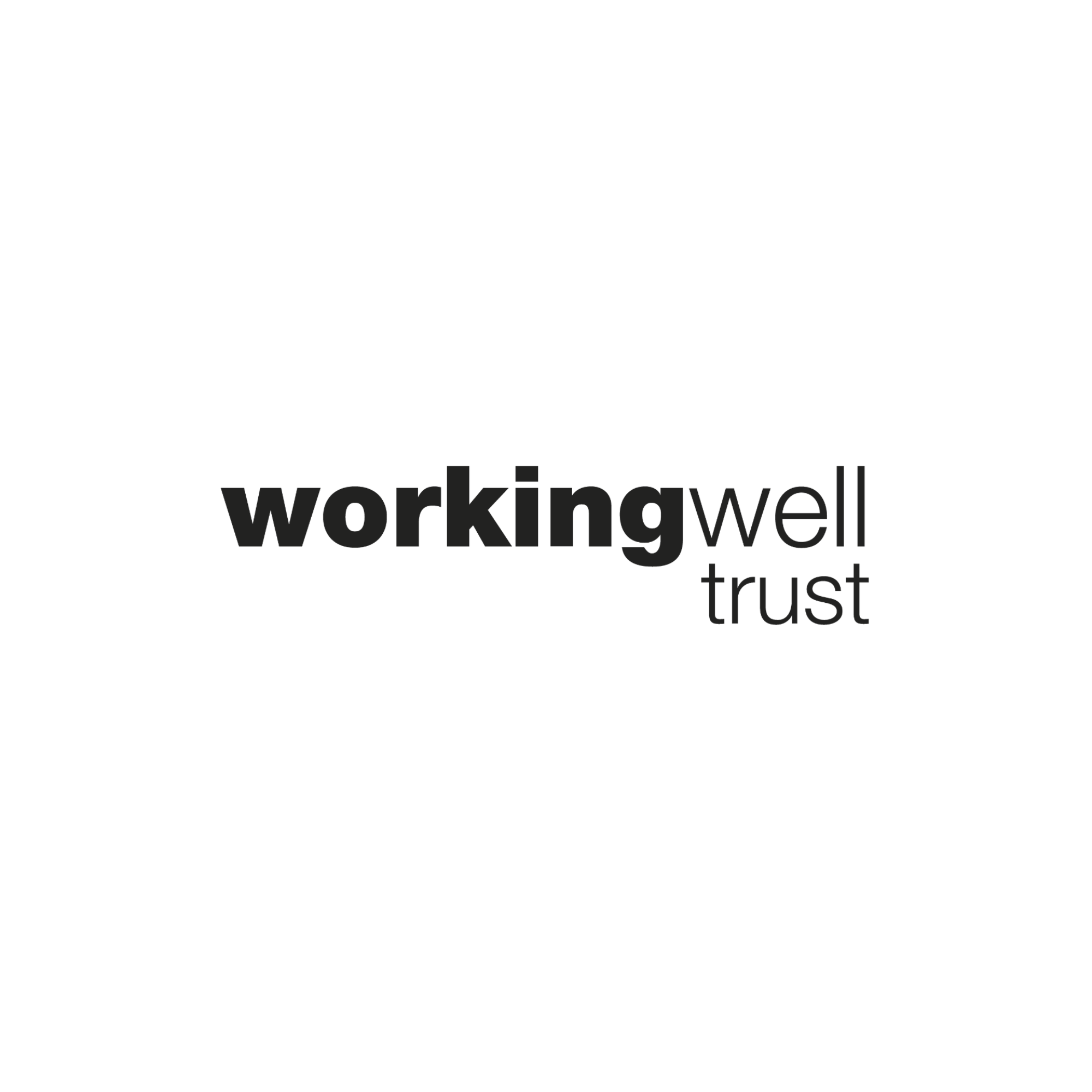The presentation was given by Ali Moran, an Employment Specialist from Working Well Trust – a charity that works in partnership with the NHS to support people on their employment journey. Ali is part of their Newham service supporting local residents looking to get back into work who are in recovery from a severe mental health episode and who have identified getting back into work as an important part of their recovery.
WHY SHOULD YOU BOTHER ABOUT YOUR TEAM’S WELLBEING?
Employees are widely recognised as the cornerstone of any business. Studies have shown there is a direct relationship between employee wellbeing, motivation and business performance with employees who feel supported at work being more likely to remain motivated and perform better.
As an employer there are also many benefits, some of which have a direct impact on the bottom line. For example:
- Increased morale and motivation
- Increased productivity
- Improved performance
- Reduced absence
- Reduced staff turnover
- Increased profits and reduced costs
- Enhanced employer brand
THE LEGAL FRAMEWORK
When considering wellbeing at work it’s also important to take into account that mental wellbeing, as well as physical wellbeing, is covered by health and safety legislation, including the fact that:
- Risk assessments must take into account mental, as well as physical, health
- The common law duty of care applies to well-being at work, as well as general health and safety, including taking steps to prevent work related stress
MENTAL HEALTH AND STRESS
Good mental health can be summarised as being able to move through the world confidently and successfully, coping with life’s challenges, and contributing both at home, in our community and at work.
Causes of poor mental health vary from a diagnosable mental health illness to a challenge in our personal or work life – probably the most relevant to the workplace is stress. Stress occurs when our capacity to cope with the normal pressures of life is overwhelmed.
Whilst not classed as an illness stress is a normal reaction to perceived threats and challenges and can be beneficial in some cases, such as helping us tackle a challenge at work or at home. However, if left unchecked high levels of stress can lead to physical or mental ill health.
As individuals we all experience times when we are not at our best, both physically and mentally, and we will all react differently when our ability to cope with challenges is exhausted.
This can make it very challenging for employers to be proactive in promoting and protecting their employee’s well-being. However, help is at hand as the Health and Safety Executive (HSE) have identified, through extensive research, the six main causes of stress at work and have provided resources to enable employers to act which can be accessed via the following links:
https://www.hse.gov.uk/stress/standards/downloads.htm
https://www.hse.gov.uk/stress/resources.htm
TIPS FOR PROMOTING WELLBEING
Having written policies and procedures can be a huge benefit to an employer. But the most important thing is ensuring your team knows that they can raise their concerns, that they will be heard and appropriate support will be agreed; this enables early action to be taken to ensure that your team member is able to remain motivated and productive and to preserve company performance.
The average absence due to stress and anxiety in 2023/24 was 21 days (HSE stats) – so if issues are not addressed at any early stage, it can impact turnover and profits.
Being proactive at company, team and individual level is an important part of this. For example:
At a business or team level:
o Completing assessments to pinpoint which, if any, of the 6 primary causes of workplace stress are a risk to your business
o Completing normal risk assessments
o Monitoring levels of absence, accidents, performance and staff turnover
At an individual level:
o Knowing your team
o Talking to them if you spot a change to their normal behavoiur or performance
o Giving clear information about your expectations
o Giving regular feedback on what is going well and what needs to be changed
NEXT STEPS
For further information, please contact us at NewhamIPS@wwtrust.co.uk. We provide free advice on promoting employee wellbeing and can arrange an initial meeting with one of our Employment Specialists to discuss your business and explore how we can support you in the future.
To find out more about Working Well Trust please visit our website.





